As coaches, we hold space for people in some of the most tender, raw, and defining moments of their lives.
One of the most powerful (and delicate) journeys we can walk someone through is the process of forgiveness.
But let’s be clear—coaching someone through forgiveness isn’t about pushing them toward a happy ending.
It’s about helping them reclaim their power.
It’s about safety, not surrender.
Clarity, not closure.
Choice, not obligation.
Here’s how I coach someone through forgiveness using the Forgiveness Framework I teach.
Step 1: Name the Offense
We begin with specificity.
I’ll ask:
“What happened?”
But more importantly:
“What didn’t happen that you were expecting?”
Forgiveness begins when we identify the unmet expectation behind the pain.
That expectation is often rooted in love—whether intimate love or the kind we offer humanity.
Step 2: Feel the Impact
This is where coaching becomes sacred.
We help clients name what they’re still carrying:
- Resentment?
- Fear?
- Shame?
- A desire for revenge?
We don’t judge these emotions. We honor them.
Because we can’t let go of what we won’t even hold.
Step 3: Assess Readiness
A client doesn’t need to forgive today. That’s not the goal.
So I ask:
- “Would it feel safe to forgive?”
- “How might you be protecting yourself by holding this pain?”
- “What purpose is this grudge serving?”
Forgiveness can’t be forced. It can only be chosen when it feels safe.
Step 4: Reframe What Forgiveness Is
Most clients think forgiveness means:
- Letting someone off the hook
- Pretending it didn’t hurt
- Rebuilding the relationship
I tell them:
“Forgiveness is about freedom—not reconciliation. It means you stop carrying their offense.”
Sometimes, that’s all it takes to shift perspective.
Step 5: Offer the Choice
When the time feels right, I guide them toward the question:
- “What would it feel like to release this?”
- “What becomes possible for you if you let it go?”
- “Can you separate the person from the pain?”
If they say yes—we talk about how.
If they say no—we talk about why.
Either way, the coaching is working.
Because coaching forgiveness isn’t about a finish line.
It’s about helping someone access the part of themselves that’s ready to be free.
–
Some people will forgive.
Some won’t.
Some will need to revisit this process over and over again.
As coaches, we don’t rush the journey.
We walk it with them—with compassion, clarity, and a framework that honors their dignity.
Because when someone chooses to forgive—not because they were told to, but because they want to—that’s not just healing.
That’s transformation.






